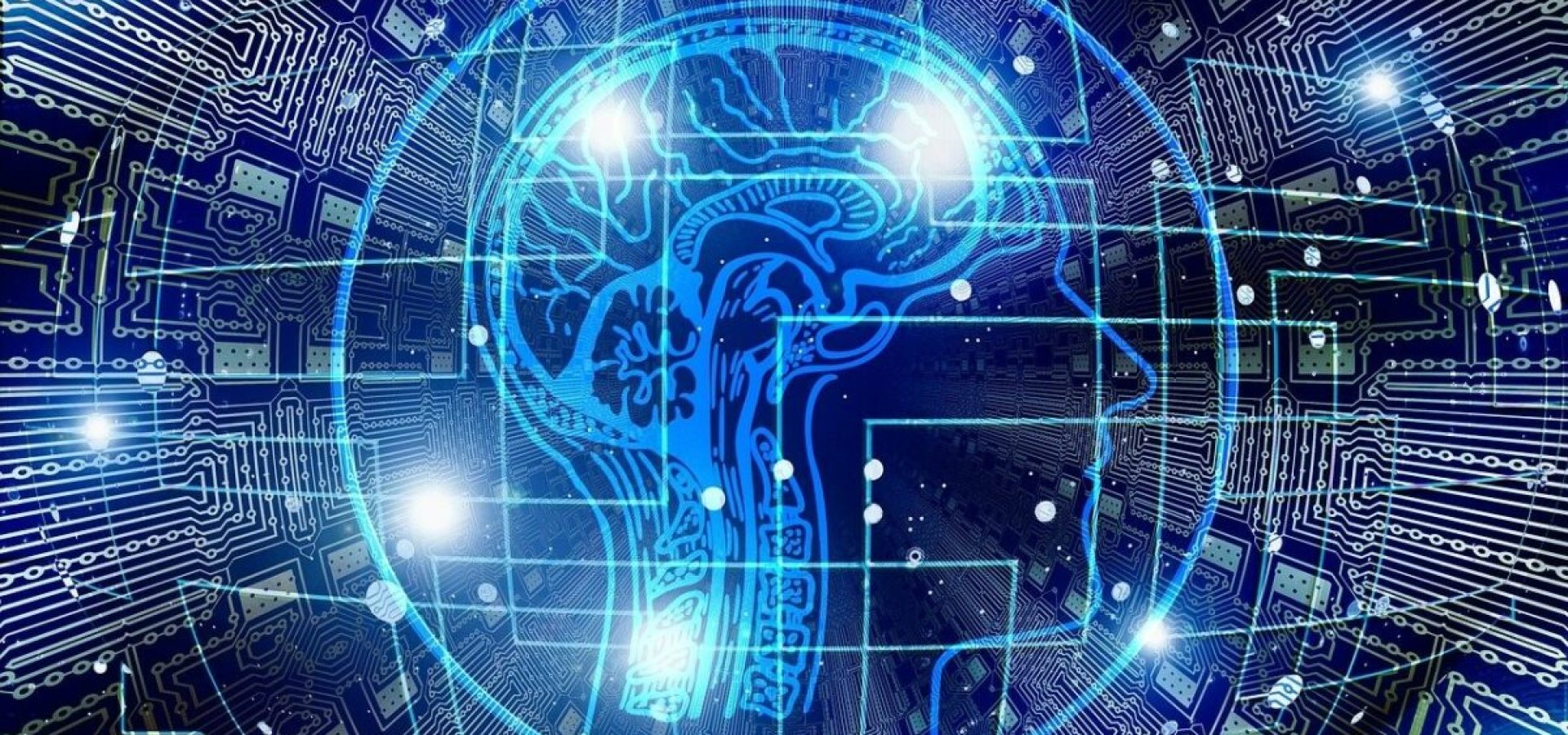The artificial intelligence (AI) revolution is gaining momentum, leading an increasing number of companies across various sectors to position themselves as AI stocks. Tech giants such as Nvidia, Microsoft, Alphabet (Google’s parent company), Apple, Adobe, and Workday are spearheading this trend, each staking a claim in the AI domain. However, this raises important questions about the authenticity of these claims and the real revenue growth from AI technologies. Companies like Palantir and AeroVironment exemplify where the line between genuine AI innovation and marketing exaggeration becomes unclear.
Understanding AI and Its Key Players
AI includes technologies like machine learning and deep learning networks, poised to revolutionize our interaction with data and machines. Leading tech companies such as Nvidia, Microsoft, Apple, Alphabet, and Amazon are acknowledged as pioneers in AI development, contributing everything from advanced processors for cloud computing and autonomous vehicles to sophisticated algorithms that enhance consumer products and services.
AI Applications and Industry Growth
Nvidia’s critical role in AI-driven growth is unmistakable, with its processors becoming essential for cloud computing and autonomous driving technology. The competition to develop AI chips extends beyond established tech giants to startups aiming to transform data centres, robotics, and smartphones. Additionally, companies like Netflix and PayPal are incorporating AI to refine their services, underscoring AI’s widespread impact across sectors.
The Human-Centric Shift in Technology
The Accenture Technology Vision 2024 report highlights a shift towards more human-centric and intuitive technology use, identifying four key trends that are shaping the future: generative AI, AI-empowered agents, the convergence of technologies to create immersive worlds, and innovative human interfaces, including AI-powered wearables and neurotechnology. This shift indicates a move towards technologies that not only improve efficiency but also enrich human experiences.
Impact on The Industry and the “Human by Design” Approach
The rapid development of AI has profound implications for various industries. It highlights the importance of a “human by design” approach that places humans at the center of technological innovation. As companies and industries navigate the complexities of AI integration, this approach ensures advancements in AI and related technologies. These advancements enhance human capabilities. They also create intuitive, inclusive, and empowering environments.
In conclusion, as the AI landscape continues to evolve, companies and industries must critically evaluate their AI strategies, focusing on authentic innovation and human-centric design principles. This balanced approach will drive sustainable growth and ensure that AI’s benefits are realized across society, improving lives and transforming industries.









COMMENTS